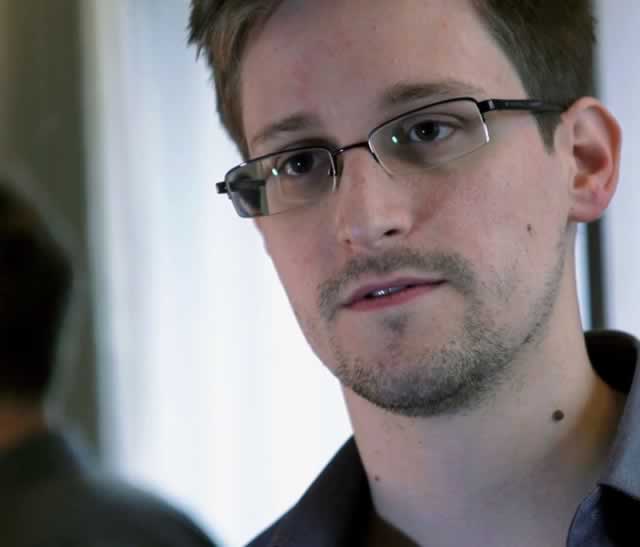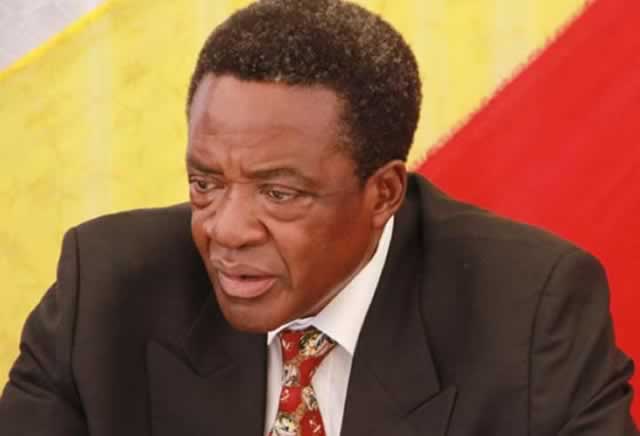How Snowden exposed America’s agenda

Tsungai Chipato
According to Daniel J Flynn: “From an early age, smart people are reminded of their intelligence, separated from their peers in gifted classes, and presented with opportunities unavailable to others.
“For those and other reasons, intellectuals tend to have an inflated sense of their own wisdom”.
When the whistle-blower Edward Snowden first blew the lid on the spying that the Western world was involved in, shrieks of indignation could be heard from within North America, on how a computer analyst who had only attended a community college would dare question and leak anything about the complexities and nuances of American intelligence.
As the pitchforks were sharpened and as Edward Snowden’s name was eviscerated by “intelligence experts and intellectuals”, all this could not stop the truth from coming out.
North America was economically at war with the world; and intelligence gathering was the front-line of this war.
With Edward Snowden having shone a light on how “economic intelligence” is actively being gathered, many developing nations can at least find solace in finally understanding why it is always difficult for their diplomats to wrangle effective trade agreements with western powers.
To understand this evolution let us go back to when Barack Obama was first elected to the office of US president in 2008, the biggest security threat facing the United States of America at that time contrary to popular belief was the state of the American economy instead of the “War on terror”.
Therefore while we all marvelled at the handling of the Somali pirates and the made-for-Hollywood ending of Osama bin Laden, all the while tripping over each other to hand Obama a Nobel Peace Prize, very few paid attention to the sovereign economic espionage that was going on behind the scenes within the global world.
The Western world was in a recession and the Asian tiger was rising, a flagging economy posed a huge security risk to all Western powers. Obama, true to his word, decided to fight this threat head on.
Under the pretext of fighting terrorism, five developed nations pooled their intelligence services into a cooperative of 24-hour spying on the whole world.
The United States, Australia, Canada, New Zealand and the United Kingdom in intelligence circles known as “the five eyes” have simply turned the whole world into a huge listening post.
Paralyzing local politicians with the fear of being castigated as unpatriotic we now have intelligence agencies that ever since the aftermath of September 9-11 have been actively expanding the manner in which they gather intelligence on nations and people.
For Zimbabwe and many other developing nations this directly affects their public and foreign policy agendas, information for the Western world is power.
Obama and his fellow Western leaders were taught by the recession that an unforeseen negative effect of globalisation was that new technologies and practices were being transferred to developing nations who in turn brought very little net profit or benefit back to the Western world.
What made this effect worse for these leaders was that the interests of Western world companies were no longer aligned necessarily with those of their home nations. Consequently companies really did not mind where the technology or talent went within the world, just as long as they made a profit for their shareholders.
Obama began to openly give remarks and speeches relating to policies of beginning, to realign the interests of the corporate world with those of America and its allies. Using buzz words such as “bringing jobs back home to America” or “the threat of cyber-war” these became examples of code for the economic espionage war that was taking place, away from the glare of the media.
Any economist worth his or her salt would have told you that cutting corporate taxes or subsidising industries was no longer going to be effective or enough to stop the rise of the BRICS nations at the demise of the Western world, other drastic measures had to be taken “nothing was off the table”.
Edward Snowden revealed how intelligence played an important role when it came to Western powers screwing other nations at the negotiation table to gain better leverage for trade agreements or treaties.
Zimbabwe’s indigenisation Act although small compared to the grander strategy of the Western world’s geopolitics, is still seen fundamentally and philosophically as an economic security threat to Western hegemony, a cancer that could spread.
With Africa constantly being hustled by intellectuals who are really just certified “dealers in ideas”, take note that a community college computer analyst single-handedly started a debate that at every turn continues to hammer home the point that the world’s elite few are actually really out to get us and that, we are actually not paranoid.
Tsungai Chipato is a journalist and blogger within Toronto, Canada.








Comments